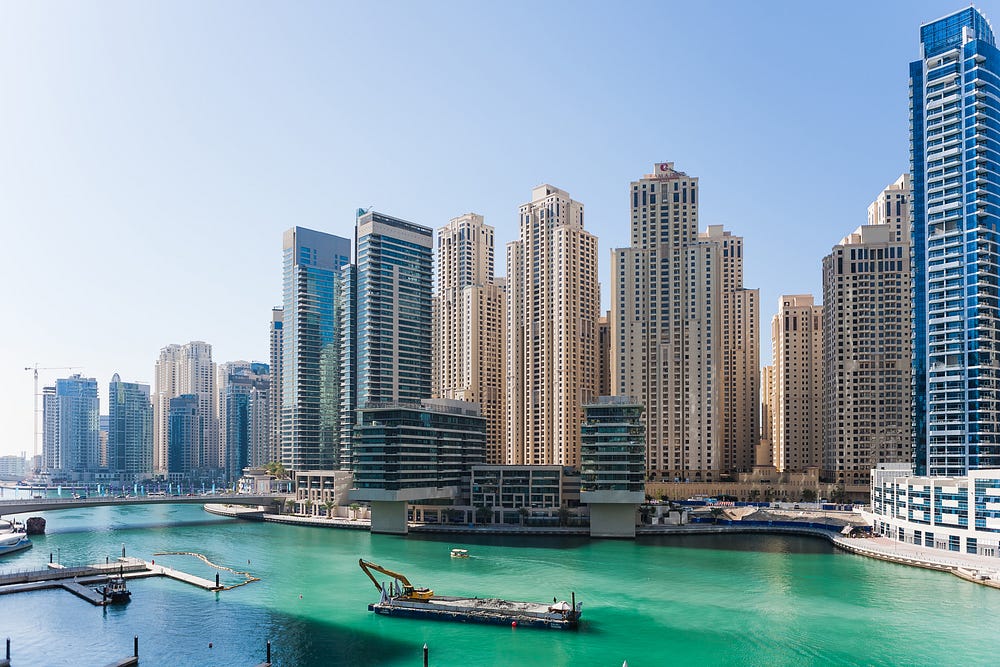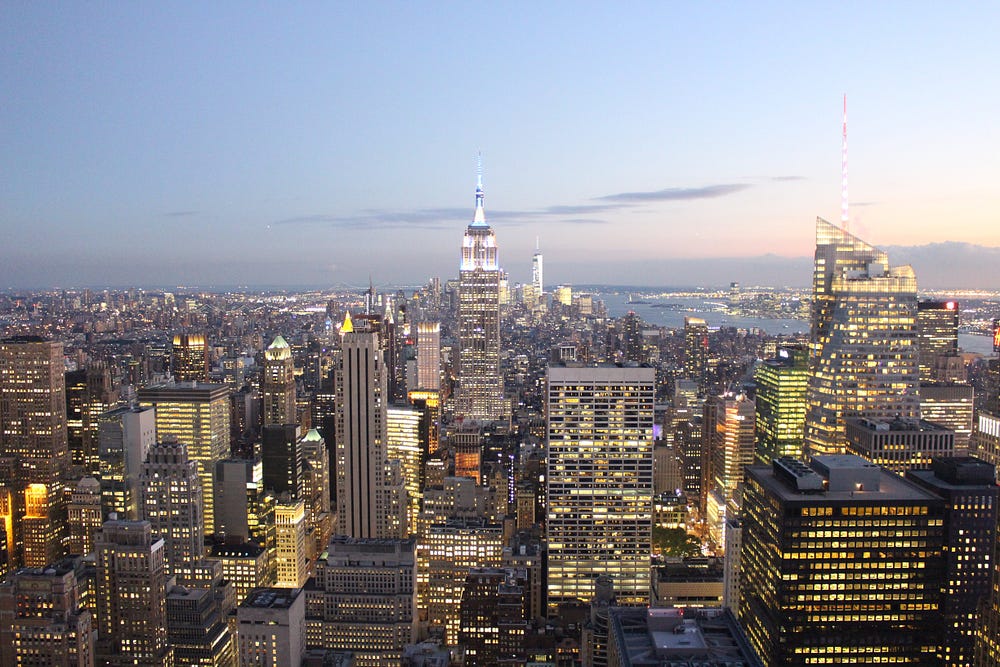
This issue’s discussions highlight key investment trends worldwide. The UK remains a VC leader, with strong early-stage funding and industrial investors reassessing supply chains amid global trade shifts. Dubai sees continued foreign inflows, fueling real estate and AI-driven investments. Saudi Arabia is advancing in semiconductors and longevity research, while Africa attracts renewed capital, particularly in Nigeria, Ghana, and East Africa’s infrastructure sector. India’s latest budget boosts SMEs and women entrepreneurs, strengthening long-term growth. The US sees rising institutional interest in digital assets, with evolving regulations shaping fintech and blockchain investments. Stay ahead with insights on these and other global investment movements.
What is happening in Australia?
Craig Astill, CEO at the Caason Group, shared that Australia is transitioning back to full business activity following its summer break, a period comparable to August in the Northern Hemisphere. As professionals return to work, investors are actively reassessing opportunities across key sectors. This post-holiday phase typically sparks renewed momentum in deal-making, with industries such as infrastructure, energy, and technology expected to draw significant investor interest. As businesses regain operational pace, market participants are positioning themselves for the economic developments and investment trends shaping the year ahead.
What is happening in New Zealand?
Andeed Ma, Partner at AIII, shared that New Zealand is taking active steps to attract more investment and revitalize its startup ecosystem. The government has introduced new initiatives aimed at fostering innovation and supporting early-stage businesses, signaling a renewed push to strengthen the country's position in the global investment landscape. One notable development is the launch of a digital nomad visa, allowing remote professionals, influencers, and key opinion leaders to live in New Zealand for 12 months without needing to work for a local company. This move aligns with broader efforts to draw international talent, enhance economic activity, and position the country as an attractive destination for digital entrepreneurs and investors.
What is happening in the Philippines?
Jose Luis Dabao, President at Pasudeco, shared that investment activity in the Philippines remains strong, particularly in the renewable energy sector. Several large-scale solar projects have been approved, many involving foreign partnerships, including a major acquisition by Singapore-based Semcorp. Additionally, the government is moving forward with the privatization of hydroelectric assets, while discussions around offshore wind investments are intensifying. With the country facing significant energy shortages, these developments are crucial for supporting its ambitions to become a key player in the data center industry, a sector that requires substantial energy capacity. Investors are closely watching these trends, as energy infrastructure expansion remains a top priority for long-term economic growth.

What is happening in Dubai?
Martin Fritsch, Founder and CEO at Limit Growth Capital, shared that Dubai's economy remains strong, with continued growth across key sectors. The real estate market is particularly active, benefiting from increased foreign inflows, including a notable rise in Russian investment. This trend has contributed to rising property values and rental prices, which are now a topic of discussion among officials. Despite concerns over affordability, new projects are constantly entering the market, ensuring steady development. Dubai's ability to attract new residents and investors remains a major economic driver, with an estimated 8-10% population inflow over the past two years. While infrastructure challenges like traffic congestion are emerging, they reflect the city's rapid expansion and growing appeal as a global business hub. Looking ahead to 2025, economic conditions are expected to remain stable, with continued investment opportunities across real estate and other sectors.
What is happening in the Middle East and Africa?
Mazin Gadir, Director of Strategic Partnerships at IQVIA, shared that Dubai is experiencing heightened investment activity, particularly in AI and healthcare technology, as the city hosts major global events like Arab Health and AI Everything. The UAE is also seeing a significant influx of capital from the UK, as well as Chinese investment and manufacturing relocations in response to global trade shifts. In Saudi Arabia, investment efforts are intensifying in semiconductor manufacturing, longevity research, and genomics, with major delegations from Germany, the US, and the UK exploring opportunities. The country is also playing a key role in infrastructure and capital projects across the GCC, particularly in Syria’s rebuilding efforts. Across Africa, Egypt’s economy is being closely watched, while Nigeria and Ghana are re-emerging as attractive investment destinations, drawing interest from sovereign wealth funds. East Africa, including Tanzania, Zanzibar, and Ethiopia, is seeing increased investment in infrastructure, energy, and water projects, signaling strong momentum in key sectors across the region.
What is happening in Switzerland?
Deniz N. Erkus, Partner & UNDP International Consultant at Leonie Hill Capital, shared that Davos 2025 brought key discussions on AI, quantum computing, and impact investing, with a growing focus on sustainability challenges. While AI remains a dominant trend, ESG and impact investing are facing setbacks, particularly as funding for climate initiatives declines. With reduced capital flows into sustainability efforts, discussions are shifting toward regenerative and restorative investment strategies as alternatives. Meanwhile, quantum computing and AI-driven innovations continue to attract investor interest, positioning them as key areas for future growth. These trends highlight the evolving investment landscape, where emerging technologies and sustainability concerns are shaping long-term strategies.

What is happening in the US?
David Watts, CEO at Crypto Custody Trust, shared that the US market is experiencing significant shifts, with investors closely monitoring regulatory changes and technological advancements. The digital asset sector remains under scrutiny, as authorities review compliance frameworks and institutional participation in crypto-related investments. Additionally, capital markets are adjusting to shifting economic conditions, with investors reassessing risk in sectors like fintech, AI, and blockchain infrastructure. The institutional adoption of digital assets continues to grow, driven by increasing demand for regulated custody solutions and secure financial instruments. As regulatory frameworks evolve, market participants are preparing for long-term structural changes that could redefine investment strategies in digital finance and beyond.
The 208th Global Investment Leaders Club Summit brought together top investment professionals from around the world to discuss evolving economic landscapes across various countries. Stay updated on the constantly changing investment scene by checking our schedule and registering for one of our upcoming events.





